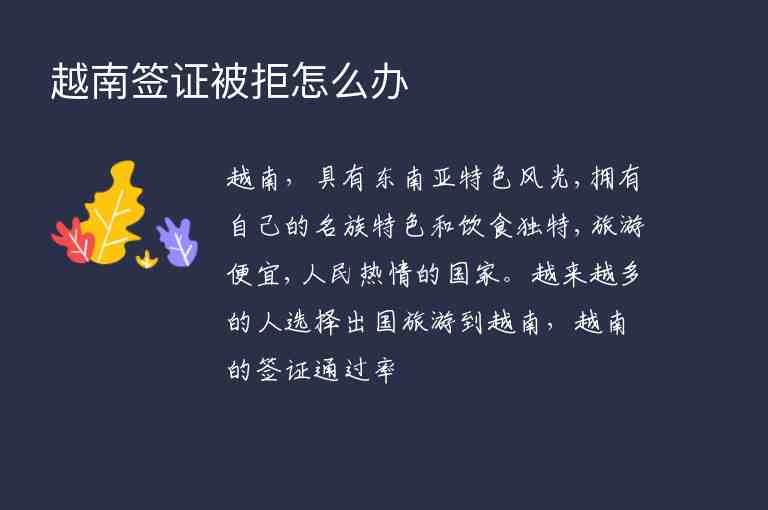belongings是一个名词,指一个人所有的财产、物品或者个人物品。它可以用来表示某人的所有物,也可以指某个地方中的所有物品。
怎么读(音标)
/bɪˈlɔːŋɪŋz/
用法
belongings作为可数名词,通常用于复数形式。它可以用作主语、宾语或者表语,也可以与介词of连用来表示所属关系。
例句1-5句且中英对照
1. She packed all her belongings into two suitcases and left for college. 她把她所有的物品都装进了两个行李箱,然后去上大学了。
2. The police searched through the suspect's belongings but found nothing incriminating. 搜查了嫌疑人的财产,但并未任何罪证。
3. The hotel staff will take care of your belongings while you go out for a walk. 当你出去散步时,酒店员工会照看你的财产。
4. The museum has a special exhibit showcasing the personal belongings of famous historical figures. 博物馆有一个特别展览,展示着历史名人的个人物品。
5. Please make sure you have all your belongings with you before leaving the train. 在离开火车之前,请确保你带走了所有的东西。
同义词及用法
1. possessions: 指某人拥有的所有物品,更强调所有权和价值。:Her most prized possessions were her grandmother's jewelry. 她最珍贵的财产是她祖母的珠宝。
2. property: 指某人拥有的房屋、土地或者其他财产,也可以指公司或组织拥有的资产。:He inherited a large property from his parents. 他从父母那里继承了一大笔财产。
3. goods: 指商品或货物,特别是指商业交易中买卖的物品。:The store sells a variety of goods, from clothes to electronics. 这家商店销售各种各样的货物,从服装到电子产品。
4. chattels: 指个人所有的动产财产,包括家具、衣服、珠宝等。:The thieves stole all the valuable chattels from the mansion. 小偷们把豪宅里所有值钱的动产都偷走了。
编辑总结
belongings作为一个常用词汇,在日常生活中经常会被使用到。它可以指个人的私人物品,也可以指某个地方中的所有物品。在写作中,我们可以用它来代替重复使用“personal belongings”或者“possessions”,使句子更加简洁明了。此外,还可以通过与其他同义词的搭配来丰富表达方式,增强语言表达能力。最后,我们也要注意使用时的语境,避免产生歧义。

